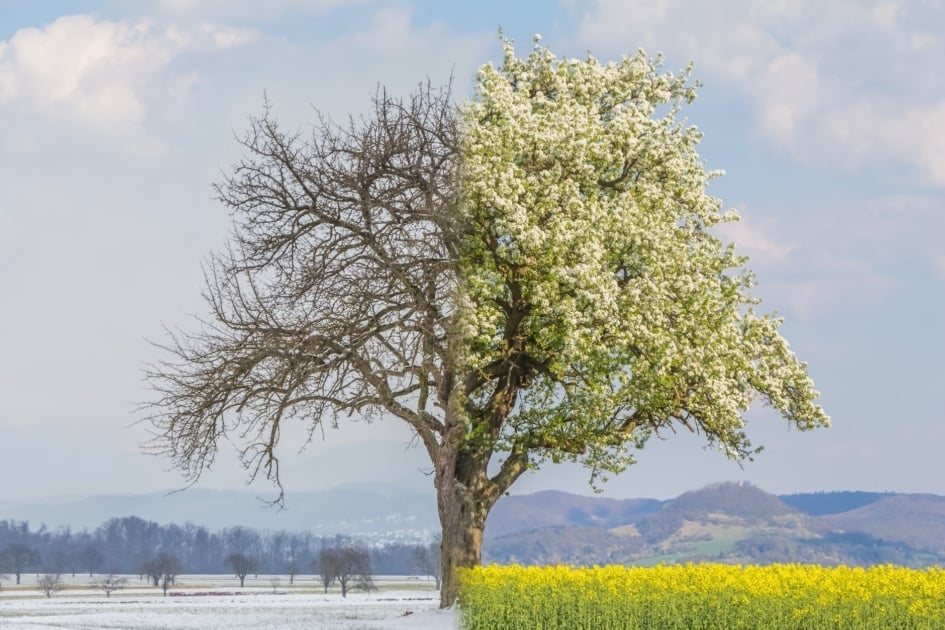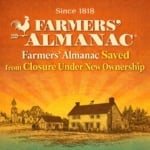When is the meteorological Start of Spring?
Winter's over? Sort of. We explain why meteorologists have already moved on to the spring season and how it differs from our calendar.

Does spring start on March 1? According to meteorological seasons it does.
Meteorologists define the seasons in a different way than astronomers. Each of the seasons are defined by the most severe of the months in a season. For winter, that’s December, January, & February. The four meteorological season are broken up like this:
Spring: March, April May
Summer: June, July, August
Fall: September, October, November
Winter: December, January, February
Astronomers, on the other hand, define the change of seasons by the position of the Sun. “Winter” in the Northern Hemisphere is defined by when the noontime Sun reaches its farthest point south in the sky; or when the Sun’s rays shine down from a point directly overhead as seen from the tropic of Capricorn (latitude 23.5 degrees south), known as the winter solstice. That happens on December 21 (or 22, depending on the year). And it continues as such until the direct solar rays shine down on the equator at the vernal, or spring equinox on March 20th (in 2026 — the date and time of spring changes from year to year).
In Short
In short, the seasons you are familiar with, by the calendar, are “astronomical,” and the seasons that your meteorologist chats about on the evening news are “meteorological.” So to them, spring begins March 1st!
Weigh In!
What do you think: should December 1st be the official start of winter and March 1st be the official start of spring? Share your thoughts in the comments below.
This article was published by the Staff at FarmersAlmanac.com. Any questions? Contact us at [email protected].







I believe the meteorology of whether is backwards.
I love spring because Flowers Bloom.
Animals Return. …
Fruits and Vegetables are Abundant. …
Moods Improve. …
Vitamin D. …
Fresh Air! …
Temperatures Become Pleasant. …
More Daylight. In Spring, days get longer and nights get shorter, providing us with more hours of daylight! …
In Denver, spring comes sometime between March 15 and July 1st…..she can be joyful or very surly.
Astrological timing
I have went by meteorological seasons for about 10 years now and for me they make sense. In my neck-of-the-woods it is already cold by December 1st and warming up by March 1st.
Yes I agree with your dates . We wish they would leave the clock alone .Never mind changing it , in Oct and March ..Best regards.
In the land of Oz they use the Meteorologist seasons. according to some cyber-friends I have from Australia
I would refrain from deeming anything Mother Nature does, by nature, as “official”. Humans have no hand in the matter, and so do not establish, “officialize”, naturally occurring phenomena. Makes sense to me anyway.
Good point, Dom! She’s always in charge.
Depends on the local climate really. Here in Northern Illinois, I feel like December is commonly still nice enough to be considered the end autumn, and March is commonly still cold and snowy enough to be considered still winter.
Early spring please